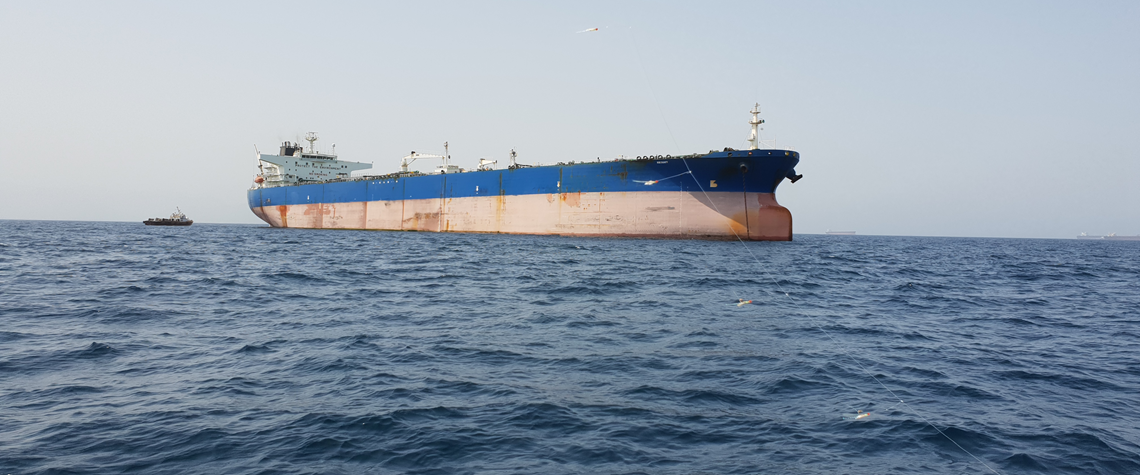Dangerous dance in the Gulf
The US and Iran have thus far reacted to a string of provocative moves more in word than deed, but the potential for miscalculation is high
The summer has passed without any of the direct military clashes in the Gulf between US and Iranian forces that many had feared. But the autumn holds scant prospect of an early resolution of the crisis, and thus for reducing the risk of even an accidental misstep into war. And two external factors risk further ratcheting up the tension—the impact of the United Arab Emirates' (UAE) withdrawal from the battle against the Iran-backed Houthis in Yemen; and the 2020 US presidential election. Any number of incidents over the past few months could have triggered a military confrontation in the Gulf. President Donald Trump in June came close to ordering airstrikes against Iranian targets in retaliat

Also in this section
25 July 2025
KRG, Iraq’s central government and Turkey are all working to get exports flowing from the key port, but complications remain
25 July 2025
Mozambique’s insurgency continues, but the security situation near the LNG site has significantly improved, with TotalEnergies aiming to lift its force majeure within months
25 July 2025
There is a bifurcation in the global oil market as China’s stockpiling contrasts with reduced inventories elsewhere
24 July 2025
The reaction to proposed sanctions on Russian oil buyers has been muted, suggesting trader fatigue with Trump’s frequent bold and erratic threats








